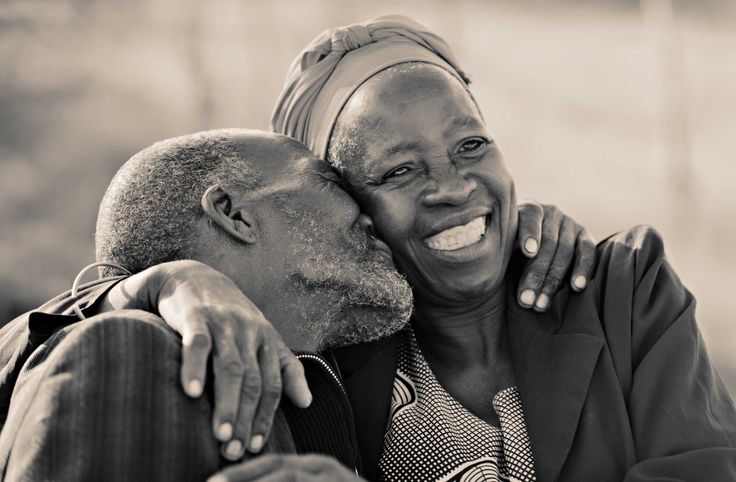
- By BlueBC_Admin
- In News
Common health conditions that affect African and Caribbean eldery as they age
As people age, they become more susceptible to a variety of health conditions that can impact their quality of life. The elderly living in Africa or the Caribbean face unique challenges that can impact their health, and they may also experience other health issues that are specific to their environment and culture. In this blog, we will discuss age-related health conditions such as arthritis, diabetes, heart disease, and dementia, and how they affect the elderly living in Africa and the Caribbean.
Arthritis:
Arthritis is a common condition that affects the joints, causing pain, stiffness, and swelling. In Africa, access to healthcare can be limited, particularly in rural areas, which can make it difficult for elderly individuals to receive the care they need to manage arthritis symptoms. In the Caribbean, the prevalence of arthritis is higher than in other populations due to the increased incidence of obesity and physical inactivity. Symptoms can be managed through medication, physical therapy, and exercise.
Diabetes:
Diabetes is a chronic condition that affects how the body processes glucose, a type of sugar. In Africa and the Caribbean, elderly individuals are more likely to develop type 2 diabetes than other populations. The lack of access to healthy foods and the high prevalence of obesity and physical inactivity are contributing factors to the development of diabetes. Diabetes can lead to serious health complications, such as heart disease, kidney failure, and nerve damage. To manage diabetes, individuals must make lifestyle changes, such as eating a healthy diet, exercising regularly, and monitoring blood sugar levels.
Heart disease:
Heart disease is the leading cause of death among older adults, and the elderly living in Africa and the Caribbean are at a higher risk than other populations. Risk factors for heart disease include high blood pressure, high cholesterol, smoking, obesity, and physical inactivity. Access to healthcare can be limited in Africa, particularly in rural areas, which can make it difficult for elderly individuals to receive proper treatment for heart disease. In the Caribbean, dietary habits and lack of exercise can contribute to the development of heart disease. To reduce the risk of heart disease, individuals must make lifestyle changes, such as eating a healthy diet, exercising regularly, and quitting smoking.
Dementia:
Dementia is a group of conditions that affect the brain, leading to memory loss, confusion, and a decline in cognitive function. African Americans and Caribbean people are more likely to develop dementia than other populations. The risk for dementia increases with age and can have a significant impact on an individual’s ability to carry out daily activities. In Africa and the Caribbean, access to healthcare and resources for individuals with dementia can be limited, which can make it difficult for elderly individuals to manage symptoms. There is no cure for dementia, but medication and lifestyle changes can help manage symptoms and improve quality of life.
Preventing age-related health conditions:
Preventing age-related health conditions is important for maintaining good health as we age. There are several steps elderly individuals living in Africa or the Caribbean can take to reduce their risk for these conditions. These include:
- Eating a healthy diet: A diet rich in fruits, vegetables, whole grains, lean protein, and healthy fats can help reduce the risk for many age-related health conditions.
- Exercising regularly: Exercise can help reduce the risk for heart disease, diabetes, and other health conditions.
- Maintaining a healthy weight: Being overweight or obese increases the risk for many health conditions, including heart disease and diabetes.
- Managing chronic conditions: If an individual has a chronic condition, such as diabetes or high blood pressure, it is important to manage it properly to prevent complications.
- Getting regular check-ups: Regular check-ups can help detect health conditions early when they are easier to treat.
In conclusion to address the unique health concerns facing the elderly in Africa and the Caribbean, it is important to take a holistic approach to healthcare that takes into account the individual’s environment, culture, and lifestyle. This can include providing access to culturally sensitive healthcare providers, developing health education programs that are tailored to the needs of the elderly population, and promoting healthy lifestyle habits that are appropriate for the local culture and environment.
Overall, by taking into account the unique challenges facing elderly individuals living in Africa and the Caribbean, we can work to improve their health and well-being and ensure that they are able to age with dignity and respect.






